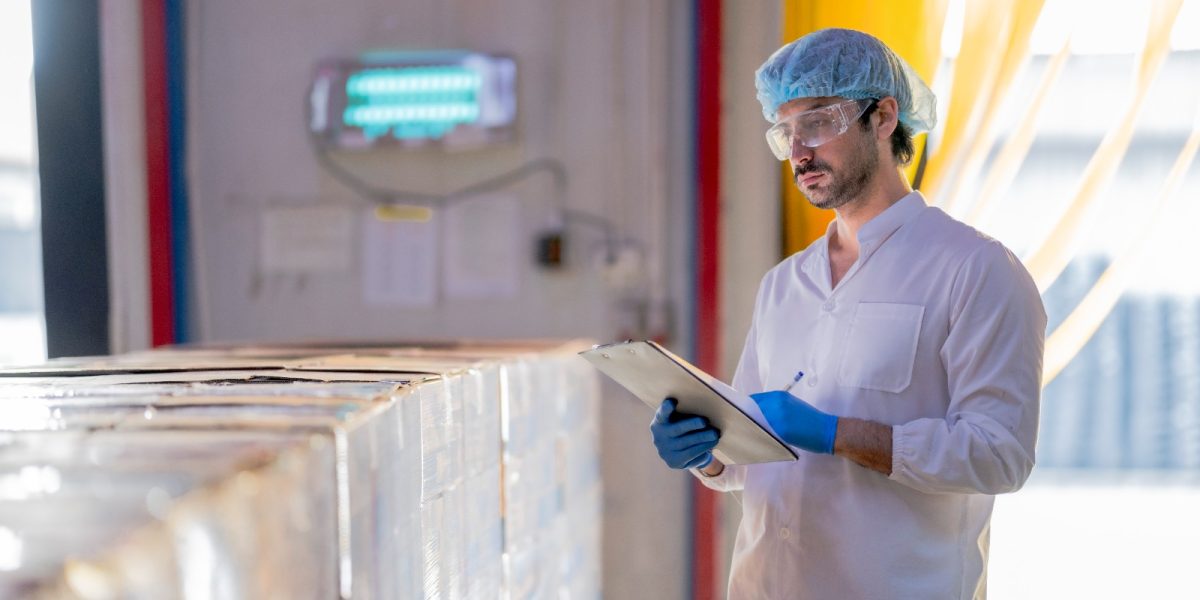In the fast-paced world of healthcare, every second counts. From life-saving medications to critical organ transports, medical logistics plays an irreplaceable role. But beyond speed and accuracy lies something even more vital: trust. The ability to trust a logistics provider with sensitive, high-value, or time-critical medical shipments can mean the difference between life and death. And that trust? It isn’t built overnight, it’s built through years of experience.
What Is Medical Logistics? A Quick Overview
Medical logistics involves the storage, handling, and transportation of medical products like:
- Pharmaceuticals
- Biological samples
- Medical equipment
- Vaccines
- Organs and tissues
- Home medical devices
This sector demands precision, compliance, and reliability. Unlike general logistics, there’s no room for error.
The Importance of Trust in Healthcare Supply Chains
Healthcare systems depend on uninterrupted supply chains. Any delay or error could affect:
- Patient care
- Hospital operations
- Clinical outcomes
Trust in your logistics partner ensures that:
- Supplies arrive on time
- Temperature-sensitive items remain viable
- Critical specimens are handled with care
Without trust, the entire system crumbles.
Why Experience Matters in Medical Logistics
Experience measurable asset in medical logistics. Here’s why:
- Experienced providers know the regulatory landscape
- They’ve handled countless complex deliveries
- They anticipate challenges before they occur
- They’ve built relationships with hospitals, labs, and clinics
The result? Consistent, reliable service you can count on when it matters most.
Patient Safety and Timely Deliveries
Late deliveries or mishandled medical items don’t just hurt your reputation—they can endanger lives.
- Medications must reach patients on schedule
- Blood and plasma have short windows of viability
- Organs for transplant demand precise coordination
Experienced logistics teams understand these stakes and plan accordingly, building trust with healthcare providers.
Real-World Scenarios Where Experience Makes a Difference
Imagine:
- A kidney is scheduled to be delivered for transplant within 3 hours.
- A power outage disrupts storage facilities in a hospital.
- A vaccine shipment needs immediate rerouting due to flight delays.
In each case, experience ensures solutions are ready before panic sets in. Veteran logistics providers activate contingency plans, deploy backup drivers, or shift routing instantly.
Technology Alone Isn’t Enough Without Human Expertise
Yes, real-time tracking and AI route optimization help. But machines can’t replicate human judgment.
- A GPS system doesn’t understand the importance of red-bag medical waste.
- Algorithms can’t call ahead to a receiving nurse or manage roadblocks creatively.
Experienced personnel blend technology with real-world know-how a perfect harmony for medical success.
How Medical Logistics Companies Build Long-Term Trust
Trust is built over time, not through one perfect delivery.
Key trust-building actions include:
- Consistent communication
- Customized service offerings
- Accountability for errors and quick resolution
- Transparent performance metrics
A well-established provider nurtures this trust by investing in client relationships, offering dedicated account managers, and consistently exceeding expectations.
Case Studies: Experience in Action
Organ Transport Success
A liver transplant required urgent delivery across two states. The experienced team:
- Used dedicated air transport
- Coordinated with hospital OR schedules
- Delivered 15 minutes ahead of the deadline
The patient survived trust earned for life.
Vaccine Logistics During Crisis
When COVID-19 vaccines required ultra-cold storage, one provider’s decade of pharma logistics experience enabled them to:
- Deploy specialized cold-chain containers
- Train drivers in handling protocols
- Scale to deliver thousands of doses daily
This wasn’t just service it was lifesaving logistics.
Regulatory Compliance and Risk Mitigation
Experienced providers know the nuances of:
- HIPAA compliance
- OSHA transportation rules
- Cold-chain documentation (GDP)
- Chain-of-custody protocols
Disaster Recovery and Emergency Response Logistics
Natural disasters, pandemics, or supply chain breakdowns demand emergency preparedness.
Experienced logistics partners have:
- Backup fleets and alternative routes
- Satellite communication systems
- Staff trained in crisis protocols
This readiness ensures continuity even when chaos strikes.
Training and Specialization: The Human Factor
An experienced logistics company invests heavily in staff education:
- Certified medical courier programs
- Cold-chain training
- Hazardous material handling
- HIPAA & data confidentiality sessions
Trained professionals deliver peace of mind.
White-Glove Services and Their Role in Patient-Centric Logistics
White glove delivery goes beyond transportation. It includes:
- In-home setup of medical equipment
- Instruction for patients on device use
- Friendly, professional demeanor
Experienced companies offer this premium service with grace, empathy, and precision, fostering trust between patients and providers.
Transparency, Communication, and Real-Time Tracking
Real-time updates mean nothing if they’re not communicated effectively.
Top logistics providers:
- Offer live dashboards
- Send proactive alerts
- Have 24/7 helplines with human support
- Notify of delays and rerouting immediately
Experience teaches the value of clear, honest communication, a core trust component.
Building Relationships with Healthcare Providers
Experience builds strong partnerships through:
- Onboarding sessions
- Facility tours and demos
- Joint workflow planning
- Regular performance reviews
Such relationships promote collaboration instead of just transactions an essential shift in healthcare logistics.
How Experience Drives Innovation in Medical Logistics
Experienced companies don’t rest on their past; they use it as a springboard for innovation.
- Piloting drone deliveries
- Introducing biodegradable packaging
- Launching AI route management
- Implementing blockchain for secure chain of custody
They stay ahead of the curve while grounded in proven best practices.
Future Trends in Trust-Centric Medical Logistics
Looking ahead, the most trusted logistics partners will:
- Embrace green logistics for sustainability
- Use IoT to monitor package health in real-time
- Train teams in cultural competence for home visits
- Continue to humanize technology with care
Trust and innovation will go hand in hand and experience will remain the compass.
When it comes to medical logistics, every delivery matters. But what truly sets a provider apart is the experience they bring to each interaction. That experience fosters trust a priceless asset in a field where lives are often on the line.
Whether you’re a hospital administrator, a clinic operator, or a home healthcare agency, choosing a logistics partner is about more than price or tech, it’s about people.
And in medical logistics, the most powerful value offering is simple yet profound: trust, earned through experience.







